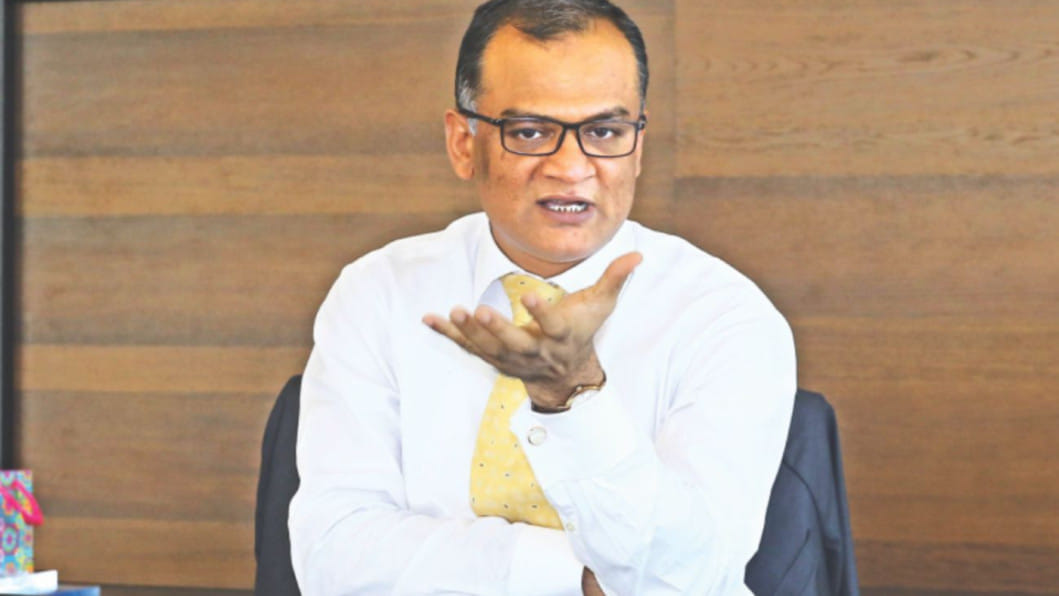Leasing state-run jute mills made easier for industrial diversification

The government has relaxed lease conditions for state-run jute mills to encourage private investment, which would address the financial losses of the factories, reduce the shortfall of raw jute, diversify industries, and create new employment opportunities.
Around 40 lakh tonnes of jute are required to keep all the mills running, said Sk Bashir Uddin, adviser to the commerce and jute and textile ministries, yesterday.
However, Bangladesh annually produces only 12 lakh tonnes, while the global output is just 25 lakh tonnes, he said.
"Given this shortfall, relying solely on jute to sustain so many mills is impractical," he said.
"In response, the government is easing the conditions for leasing out jute mills to private investors, allowing the establishment of industries beyond jute-derived products," he said.
Sk Bashir Uddin, also managing director of AkijBashir Group, was talking to journalists after inspecting production activities at Daulatpur Jute Mills in Khulna, some 222 kilometres southwest of the capital, Dhaka.
He stated that state-run jute mills had incurred significant financial losses amounting to crores of taka without yielding long-term benefits.
To address this issue, the government has decided to lease out state-owned jute and textile mills to private investors, paving the way for the establishment of diversified industrial ventures, he explained.
On July 1, 2020, the government closed down 25 state-owned jute mills across the country, including nine in Khulna, citing financial losses and high production costs.
One of them was Daulatpur Jute Mills, which was leased out to Fortune Group in September 2023.
Daulatpur Jute Mills has now generated employment for around 700 people, with plans to expand the workforce to 3,000, said the adviser.
The mill has successfully started manufacturing jute products and shoes, ensuring profitability—a feat that had been difficult under government ownership, he said.
He further said a government textile mill in Kurigram was leased out to a private investor last week, opening new investment opportunities.
The process to lease out three more mills is expected to be completed within this week, he said.
During the inspection, Mohammed Saiful Islam, deputy commissioner of Khulna, and officials from Daulatpur Jute Mills were also present.

 For all latest news, follow The Daily Star's Google News channel.
For all latest news, follow The Daily Star's Google News channel. 



Comments